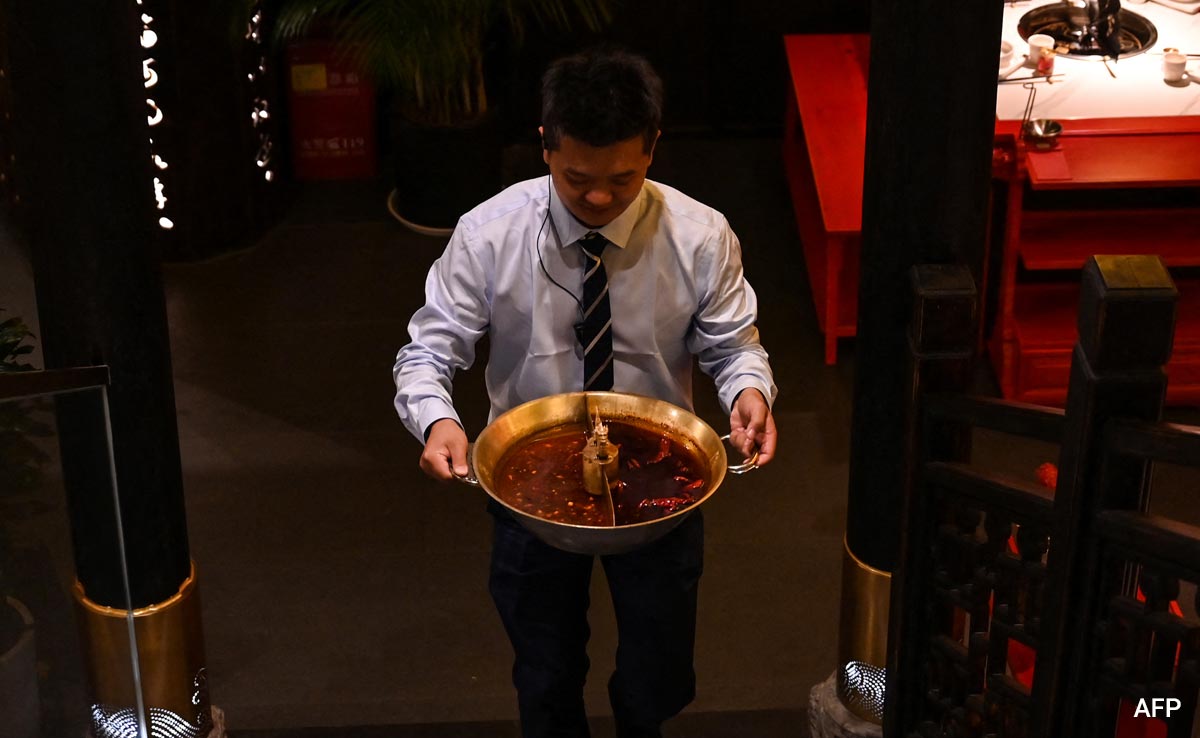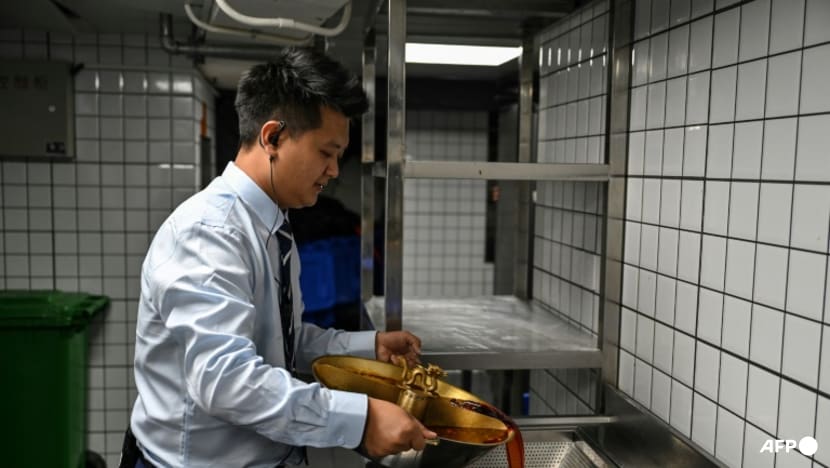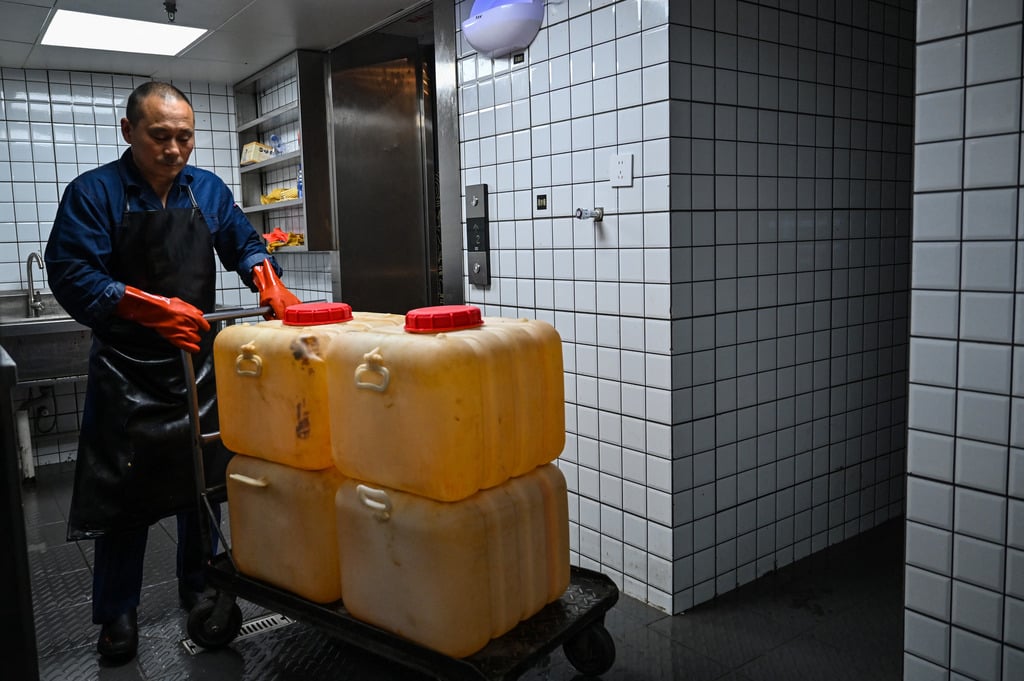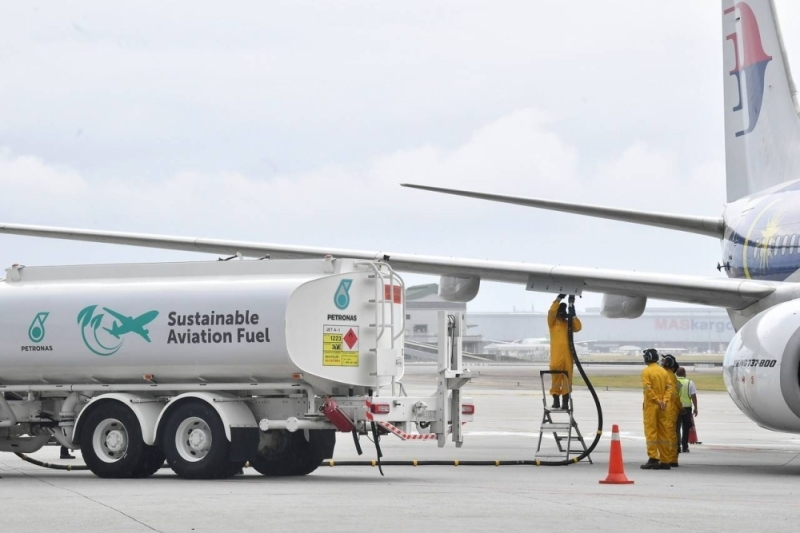Did You Know Leftover Hot Pot Oil Can Be Turned Into Fuel For Planes?
Hotpot is reportedly responsible for about 12,000 tonnes of waste oil each month in the city of Chengdu alone.
The oils accumulated in thick hotpot broths can be recycled into fuel pure enough to power aeroplanes
The Straits Times reports that hot pot, a delicacy in Chengdu, China, produces about 12,000 tonnes of waste oil each month in the city alone.
A local business in Chengdu, Sichuan Jinshang Environmental Protection, has crafted a niche in processing used hot pot oil discarded by restaurants in the city yearly.
This greasy waste undergoes a series of chemical reactions to be refined into aviation fuel
After customers leave, servers pour the rich hot pot broth into a specialised filter that separates oil from water.
The viscous substance is then collected in containers and transported to a facility.
The vivid red grease is conveyed into large tanks and undergoes a refining procedure that removes any remaining traces of water and impurities, resulting in a clear, yellowish industrial-grade oil.
The final product is then exported to clients worldwide, including Europe, the United States, and Singapore.
The final product, which industry insiders call "sustainable aviation fuel" (SAF), is vital in reducing carbon dioxide emissions in the aviation sector
However, SAFs are not widely used — only making up less than 0.1% of all aviation fuels consumed — due to processing costs and the relatively small number of suppliers, reported CNA.
According to a report by The International Air Transport Association, SAFs are estimated to "contribute around 65% of the reduction in emissions needed by aviation to reach net-zero in 2050".
SAFs are not just made from the sludge of hotpot broths, but are generally produced from a number of sources, such as waste fats, oils and greases, municipal solid waste, agricultural and forestry residues, wet wastes, and non-food crops cultivated on marginal land.
So far, only Malaysia Airlines has adopted SAF for selected flights. In a report by The Star, The Malaysia Airlines Group (MAG) reached an agreement with PETRONAS to purchase SAFs for use in its flights from Kuala Lumpur International Airport (KLIA).
Meanwhile, Transport Minister Anthony Loke has encouraged local airliners to adopt the fuel, the New Straits Times reported.





